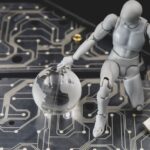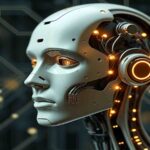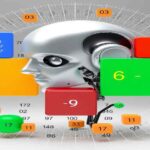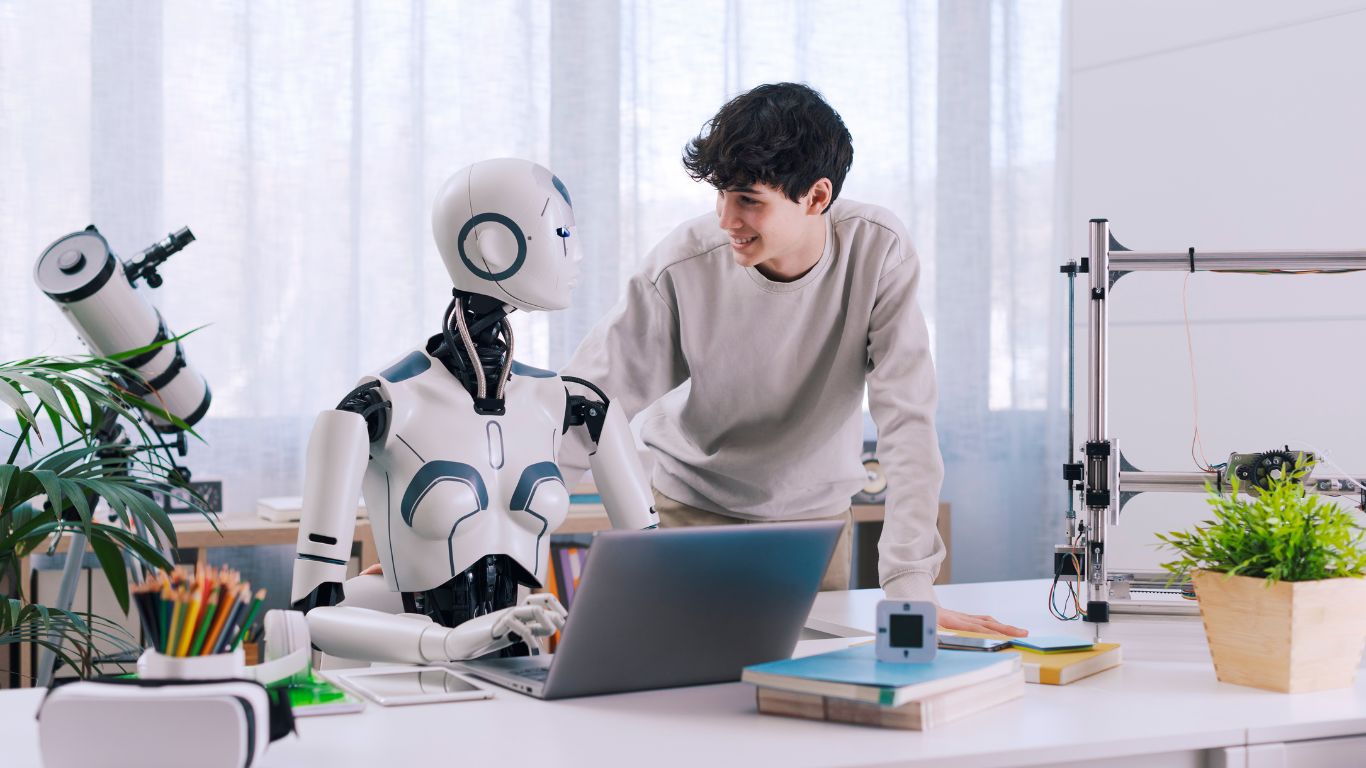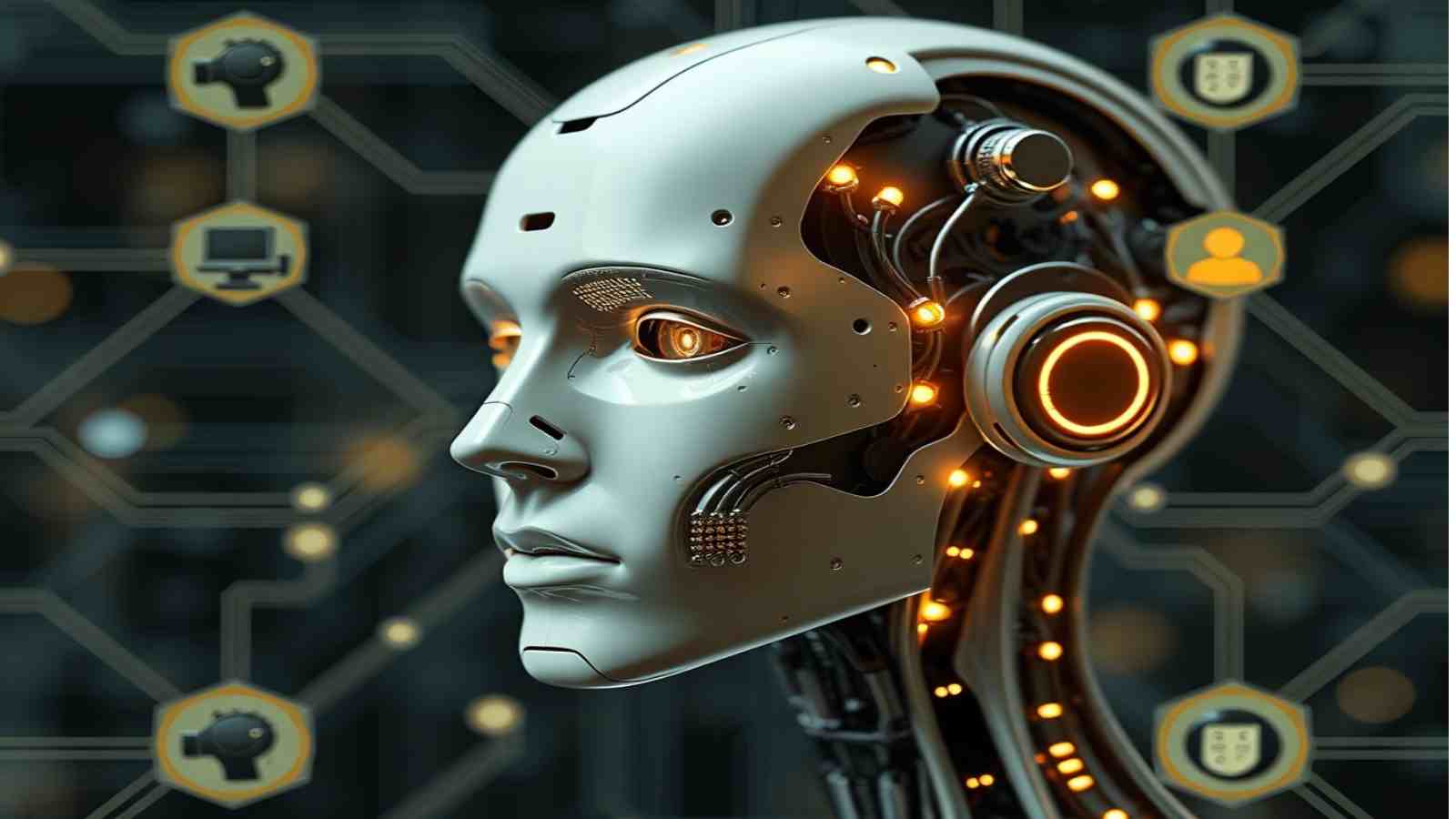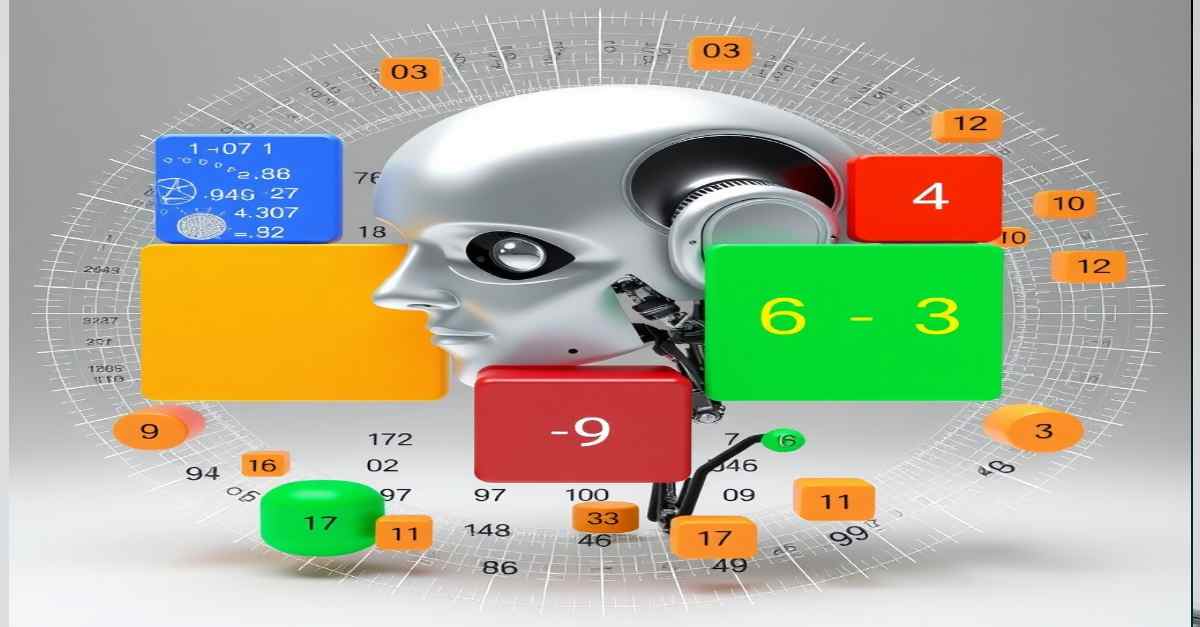In recent years, the discussion around artificial intelligence (AI) and its impact on various industries has been vibrant and contentious. One of the most debated topics is whether AI will eventually take over software engineering. This analysis delves into AI’s current roles, capabilities, and limitations in software development, predicting future trends and exploring the ethical considerations involved.
By presenting a balanced view, we aim to provide a comprehensive understanding of AI’s role in the future of software engineering.
Introduction: Overview of AI in Software Engineering
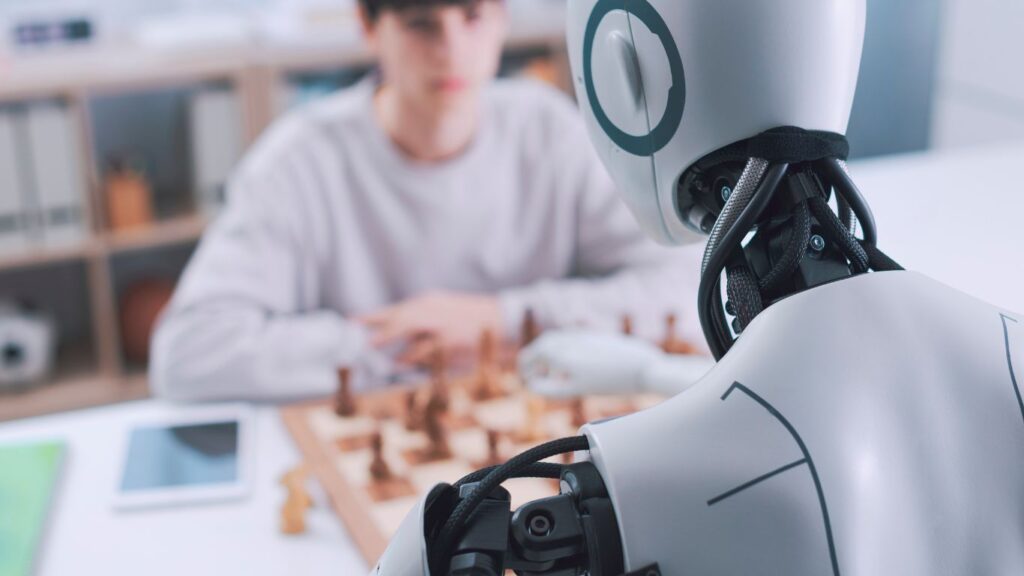
Artificial intelligence has already made significant strides in the realm of software engineering. AI tools are becoming integral components in the development lifecycle, from automated testing and code generation to intelligent debugging. However, the question remains: Can AI fully take over the role of human software engineers, or will it continue to serve as a powerful aid in the development process?
Current Role: AI in Development Processes
Automated Testing
AI-driven tools excel at automated testing, significantly reducing the time and effort required to identify and fix bugs. Tools like Testim and Functionize use machine learning algorithms to adapt and improve test cases, ensuring more reliable and efficient software.
Code Generation
AI-powered code generators such as GitHub’s Copilot assist developers by predicting and suggesting code as they type. These tools can automate repetitive coding tasks, accelerating the development process and allowing engineers to focus on more complex problems.
Debugging
AI can identify and fix errors in code more quickly than traditional methods. Platforms like DeepCode analyze codebases to find and suggest fixes for vulnerabilities and inefficiencies, contributing to higher software quality.
AI Capabilities: Strengths and Limitations
Strengths
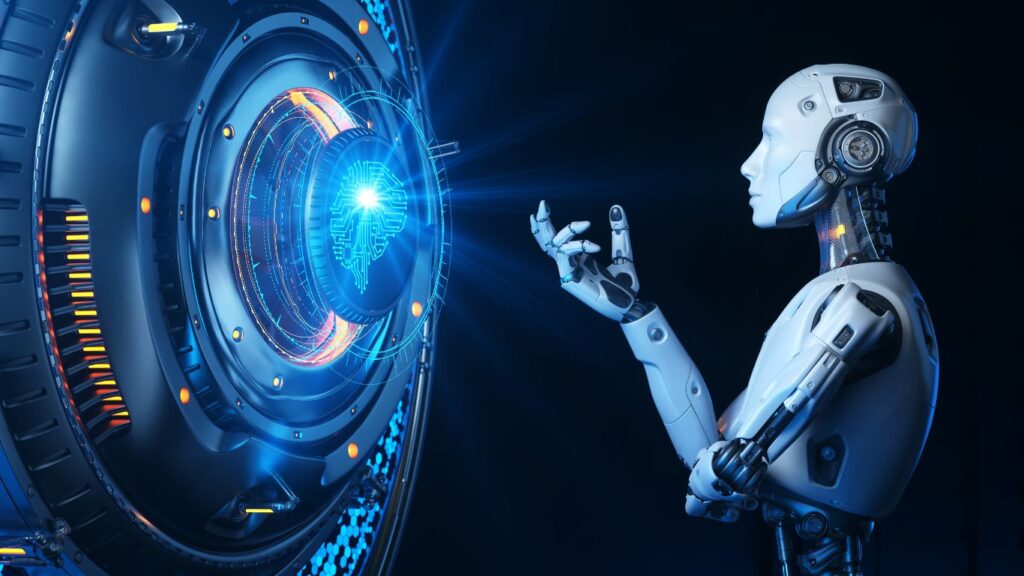
- Automation: AI can handle repetitive and mundane tasks much faster than human engineers, such as writing boilerplate code and running routine tests.
- Error Identification: AI systems can scan vast amounts of code to identify errors and suggest fixes, reducing the time spent on debugging.
- Data-Driven Decisions: AI can analyze large datasets to inform decision-making processes, potentially leading to more efficient and innovative software solutions.
Limitations
- Creativity: AI lacks the human touch required for creative problem-solving and innovative thinking.
- Intuition: Software engineering often requires intuition and experience, qualities AI cannot replicate.
- Complexity: While AI can handle many tasks, it may introduce new complexities, such as the need for specialized oversight and the potential for algorithmic biases.
Human Expertise: Irreplaceable Aspects of Engineering
Despite AI’s capabilities, certain aspects of software engineering remain beyond its reach. Tasks that require creativity, intuition, and a deep understanding of user needs are areas where human engineers excel. For example, designing user interfaces, crafting user experiences, and developing innovative features require a level of human insight that AI cannot replicate.
Collaboration: Humans and AI Working Together
The most promising future scenario is not where AI completely takes over software engineering but where humans and AI work together. AI can handle routine tasks, allowing human engineers to focus on high-level planning, creativity, and problem-solving. This collaboration can lead to more efficient development processes and higher-quality software.
Future Trends: Predictions in Software Engineering
Increased Automation
AI will continue to advance, automating routine coding tasks and accelerating development processes. This shift will reduce the need for manual intervention and allow engineers to focus on more strategic aspects of software development.
Specialized AI Tools
We can expect the rise of specialized AI tools like automated testing, code generation, and debugging. These tools will improve software quality and reliability, making them indispensable in the development lifecycle.
Enhanced Decision-Making
AI will play a critical role in developing new software solutions by analyzing user behaviour, preferences, and market trends. This data-driven approach will guide decision-making processes and lead to more innovative and user-centric software.
Shifting Roles
The role of human software engineers will evolve. Engineers will increasingly oversee and guide AI systems, focusing on high-level planning, creativity, and problem-solving tasks that AI cannot replicate.
Ethical Considerations: Responsible AI Integration
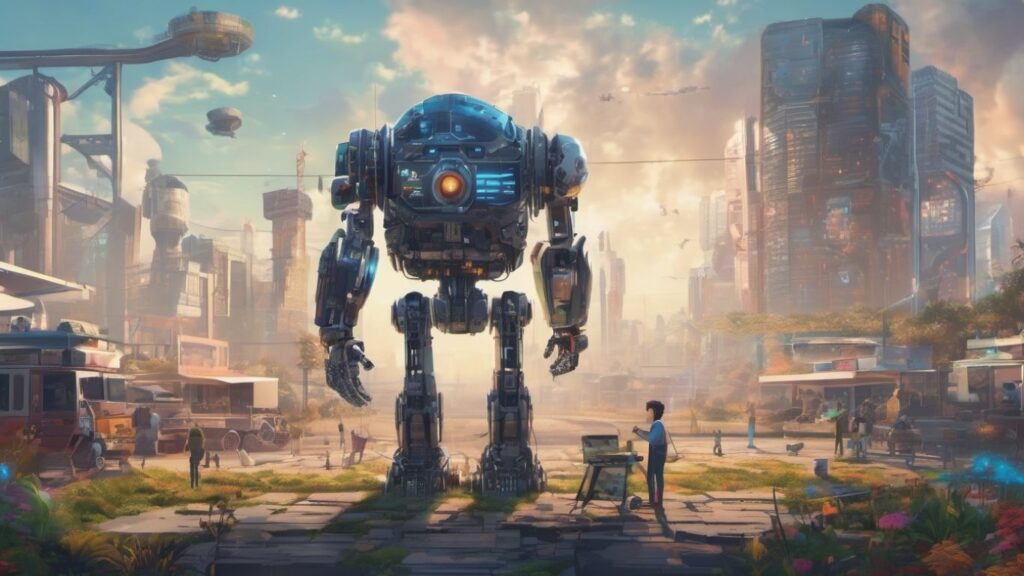
As AI becomes more prevalent in software engineering, ethical considerations will become increasingly important. Issues such as algorithmic bias, data privacy, and the potential displacement of human jobs must be addressed. Ensuring responsible AI integration requires careful oversight, transparent practices, and ongoing dialogue about the ethical implications of AI in software development.
FAQs
What is the current role of AI in software engineering?
AI currently assists in various aspects of software engineering, including automated testing, code generation, and debugging. AI-driven tools help identify bugs, automate repetitive tasks, and analyze codebases to suggest improvements.
Can AI completely replace human software engineers?
While AI has advanced significantly, it cannot fully replace human software engineers. Tasks requiring creativity, intuition, and a deep understanding of user needs require human involvement. AI is best viewed as a powerful tool that complements human engineers.
What are the main strengths of AI in software development?
AI automates repetitive tasks, identifies errors in large codebases, and makes data-driven decisions. These strengths can lead to more efficient development processes and higher-quality software.
What limitations does AI face in software engineering?
AI lacks the creativity and intuitive problem-solving abilities inherent to humans. Additionally, AI systems can introduce complexities, such as the need for specialized oversight and the potential for algorithmic biases.
How can humans and AI collaborate in software engineering?
Humans and AI can work together by allowing AI to handle routine tasks, while human engineers focus on high-level planning, creativity, and problem-solving. This collaborative approach can result in more efficient development processes and innovative solutions.
What ethical considerations arise with AI in software engineering?
Ethical considerations include algorithmic bias, data privacy, and the potential displacement of human jobs. Addressing these issues requires careful oversight, transparent practices, and ongoing dialogue to ensure the responsible integration of AI.
How will the role of human software engineers change in the future?
Human software engineers will likely focus more on overseeing and guiding AI systems as AI advances. Their roles will evolve to emphasize high-level planning, creativity, and problem-solving tasks that AI cannot replicate.
Conclusion: Balanced Perspective on AI’s Role
In conclusion, while AI is poised to significantly impact software engineering by automating routine tasks and providing valuable insights, it is unlikely to take over human engineers’ roles fully. Instead, the future of software engineering lies in a collaborative approach where AI and human expertise complement each other. We can achieve more efficient, innovative, and high-quality software solutions by leveraging AI’s strengths and addressing its limitations.
As we navigate this evolving landscape, we must keep ethical considerations at the forefront and ensure that AI is used responsibly and transparently. The journey toward AI-driven software engineering is just beginning, and with thoughtful integration, the possibilities are endless.
